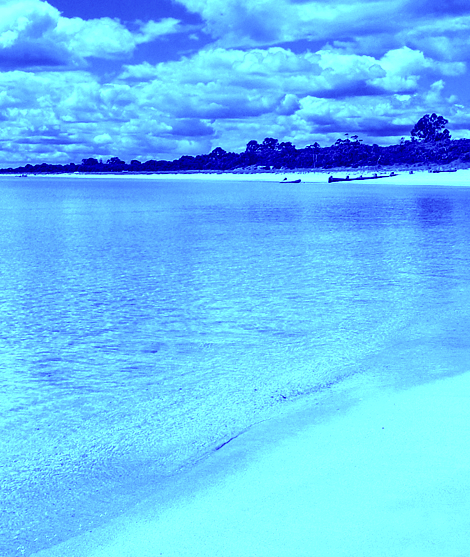Experts urge ocean work
 A report on Southern Ocean ecosystems urges swift climate action.
A report on Southern Ocean ecosystems urges swift climate action.
A group of over 200 scientists from 19 nations has completed the first comprehensive assessment of trends within the Southern Ocean ecosystems.
This vital document, dubbed the Marine Ecosystem Assessment for the Southern Ocean (MEASO), has been crafted with policymakers in mind.
MEASO underlines that climate change stands as the predominant driver behind shifts in species and ecosystems across the Southern Ocean and coastal Antarctica.
The report issues a clarion call for immediate measures to combat global warming and the acidification of our oceans.
In the words of the report, “The long-term preservation of Southern Ocean ecosystems, especially the polar-adapted Antarctic species and coastal systems, hinges upon urgent global efforts to mitigate climate change and ocean acidification”.
Dr. Andrew Constable, co-convenor from the University of Tasmania, likened the five-year MEASO endeavour to the workings of the Intergovernmental Panel on Climate Change (IPCC).
“MEASO is akin to an IPCC report tailored for the Southern Ocean. In a similar vein, we have distilled the scientific findings into an easily digestible and concise summary designed to educate politicians and policymakers across the globe,” he said.
The release of this report coincides with this year's international gathering of the Commission for the Conservation of Antarctic Marine Living Resources (CCAMLR) in Hobart.
CCAMLR, an international body operating under the Antarctic Treaty System, holds responsibility for safeguarding marine ecosystems in the Southern Ocean and boasts a membership comprising 26 nations and the European Union.
Dr. Jess Melbourne-Thomas, a co-convenor representing Australia's national science agency CSIRO, pointed out that the Southern Ocean encircling Antarctica is absorbing the majority of the world's rising temperatures.
“The unique wildlife of the Southern Ocean is feeling the heat and, together with additional pressures from fisheries, tourism, and pollution, faces an uncertain future,” she said.
“As well as its fundamental importance to biodiversity, the Southern Ocean is crucial to human welfare by providing us with food and helping to control our climate”, Dr Melbourne-Thomas said.
Currently, assessments of changes in habitats, species, and food webs in the Southern Ocean are compiled separately by no fewer than ten different international organisations or processes.
“Bringing the best-available science together in a timely fashion through the MEASO process is an excellent way to harmonise the information for policy makers,” said Professor Nathan Bindoff, leader of the Australian Antarctic Program Partnership at the University of Tasmania.








 Print
Print